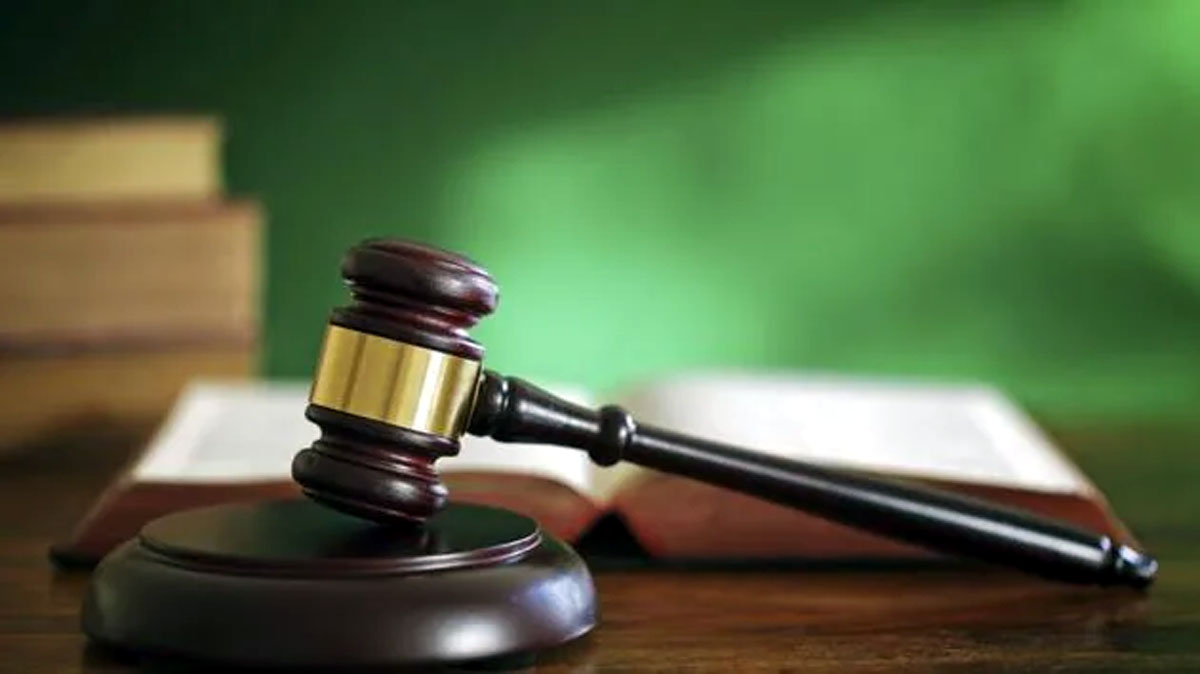Excelsior Correspondent
Srinagar, Sept 7: High Court today held that an adult son or daughter cannot claim maintenance from their father and turned down the order of trial court awarding maintenance in favour of two sons who have attained the age of being adults.
Justice Sanjay Dhar has allowed the petition of aggrieved father and set aside the order passed by the trial Magistrate and has held that the respondents-children are entitled to maintenance from their father only up to the age of being adults.
“If any amount of maintenance has been paid by the petitioner-father to the respondents-children after the attainment of their age of majority, the same, having regard to the relationship between the parties, shall not be recovered from them. The amount deposited in the Registry pursuant to the order dated 11.09.2019, shall be released in favour of the petitioner”, Justice Dhar ordered.
The court after having dealt with the instant case said the respondents have, admittedly, attained the age of majority, as such are not entitled to claim maintenance from their father after they attained the age of being adults.
Justice Dhar on passing of order of maintenance by the court below said the trial Magistrate has no jurisdiction to award maintenance in favour of the respondents-children beyond their age of majority.
“The order passed by the trial Magistrate dismissing the application of the petitioner for cancellation of order of maintenance is, therefore, without jurisdiction. The impugned order passed by the 4th Additional Sessions Judge upholding the order of learned trial Magistrate is also not in accordance with law for the same reason”, Court concluded.
From the analysis of the law, Justice Dhar held that a major son or daughter cannot be awarded maintenance by a Magistrate in exercise of his powers. The Court added that in an appropriate case, a Family Court has jurisdiction to grant maintenance to a major Hindu daughter on the basis of a combined reading of the provisions contained in Section 125 of the CrPC and Section 20(3) of the Hindu Adoption and Maintenance Act.
The petitioner has challenged the order of Judicial Magistrate, 1st Class (2nd Additional Munsiff) Srinagar, whereby application of the petitioner seeking cancellation of maintenance order granted in favour of the respondents has been dismissed. He has also challenged the order of 4th Additional Sessions Judge, Srinagar, whereby a revision petition against the order of the trial Magistrate has been dismissed.
The respondents are two sons of the petitioner who had moved a petition before the trial Magistrate and the said petition came to be disposed of by a consent order passed way back in 2012 whereby a monthly maintenance of Rs.1200 was awarded to each of the sons.
Both the sons at the relevant time were residing with their mother Neelofer Jan, who was living separately from her husband. The petitioner retired from service and thereafter the respondent also attained the age of adults.
The petitioner moved another application before the trial Magistrate seeking cancellation of maintenance granted in favour of sons. In the application it was claimed by the father that one son has attained the age of major on 22.10.2016 whereas another has attained the age of major on 14.03.2018.
However, the said application was dismissed by trial Magistrate as such the petitioner has challenged the impugned orders passed by the courts below on the ground that his, upon attaining the age of major, are not entitled to maintenance from him.
The court, however, has made it clear that maintenance can be claimed even by a legitimate or illegitimate child who has turned adult, where such child is by reason of any physical or mental abnormality or injury unable to maintain itself and in that event irrespective of age of a child whether son or daughter is entitled to claim maintenance from father provided he or she has any physical or mental abnormality or injury on account of which he/she is unable to maintain himself or herself.
Justice Dhar also recorded that if a court finds some ambiguity in a Statute governing to any case which becomes an impediment in achieving the aim and object of the Statute, then the court can give a purposive interpretation to the Statute. “But where the language of the Statute is clear and unambiguous, it is not open to the Court to add, alter or supply words to the said Statute and no need of interpretation would arise. The purpose of interpretation of Statutes is to help the Judge to ascertain the intention of the Legislature and not to control that intention or to confine it within the limits, which the Judge may deem reasonable or expedient”, read the judgment.
Trending Now
E-Paper


